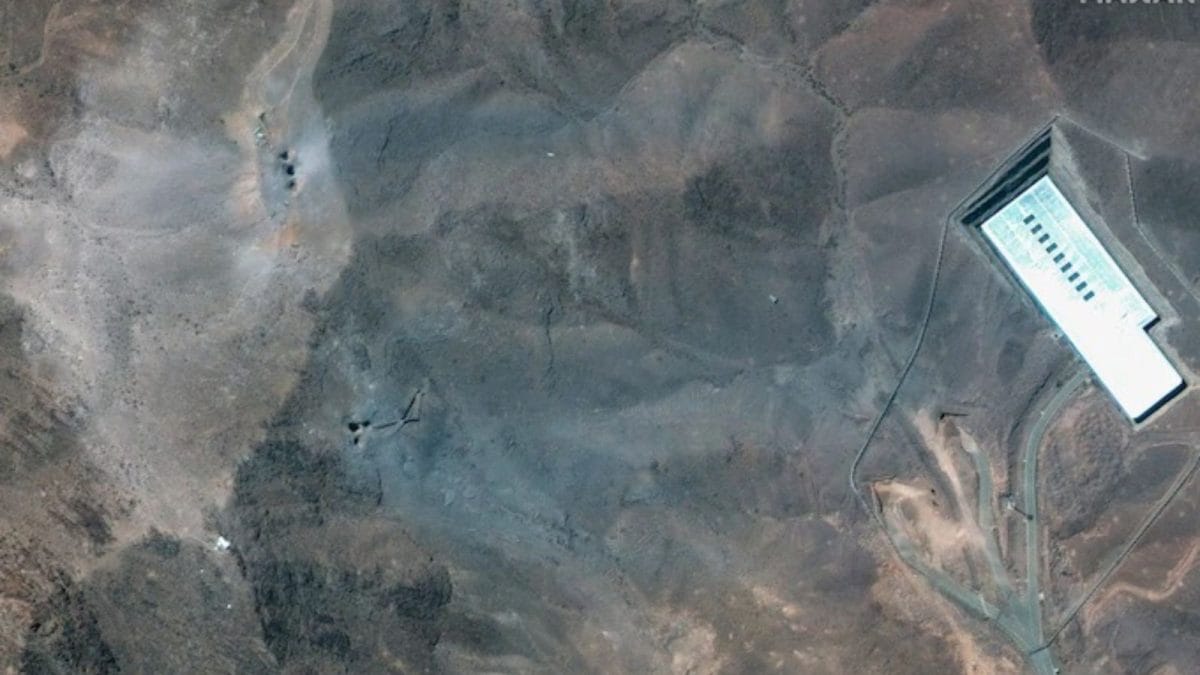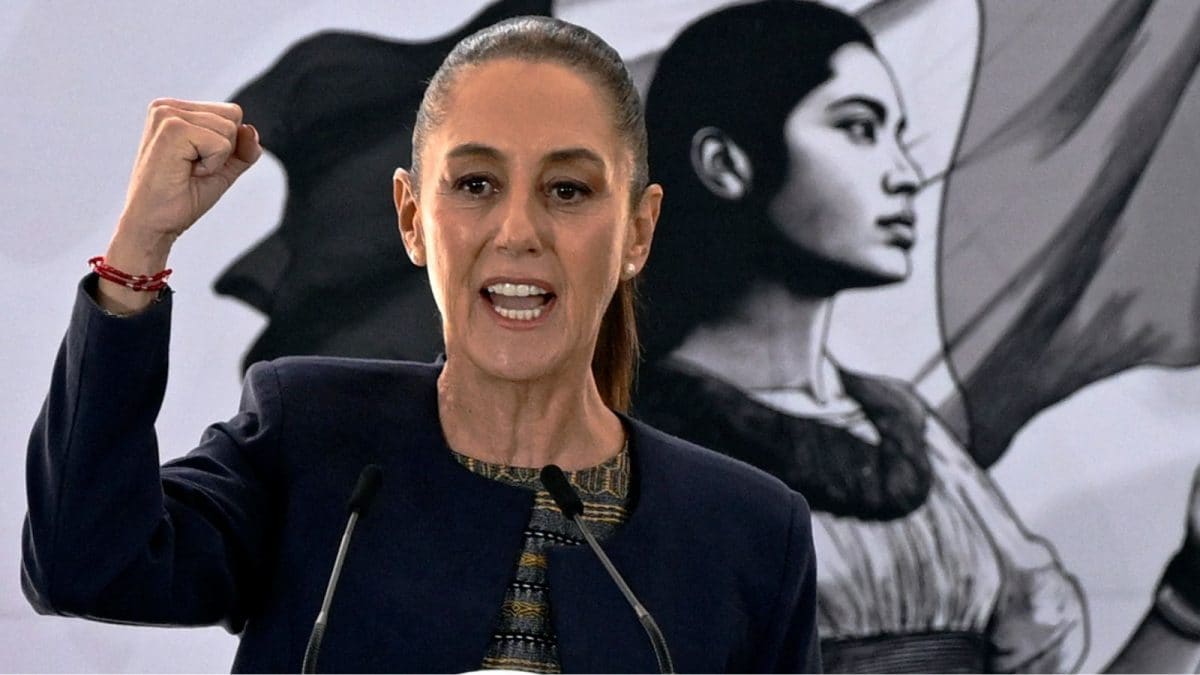ARTICLE AD BOX

In recent years, there have been films that provoked public fury based solely on their trailers - teasers and trailers that have drawn ire, political backlash, or legal action. The CBFC has, on occasion, either revoked trailer approvals or stepped in after receiving complaints.
Trailers now play a major role not just in setting the tone for a project, but in shaping film's public perception.While filmmakers are technically not allowed to release uncertified trailers, some still do - often strategically - to trigger a reaction and generate buzz. And it works. Teasers and trailers have repeatedly stirred controversy long before a film reaches the screen.We take a closer look at how trailer release works.
What happens when a producer submits a trailer for certification
Director Rajkumar Gupta says, “As per the Cinematograph Act, anything meant for public consumption must be certified.” That includes trailers.“When producers submit a trailer, the CBFC checks whether there are any words that need to be muted or any other changes that need to be made,” he explains. “They suggest edits, and once those are implemented, you have to resubmit the trailer for approval. That’s how the process works. Trailer certification is like film certification.
If a film’s trailer is certified for theatrical release, only that version can be posted on social media or YouTube without any alterations.
”“We have to follow the Cinematograph Act,” he continues. “Whatever falls under the CBFC's purview - anything for public viewing - has to be certified. Trailers are reviewed under the same guidelines used for films. If the CBFC has objections, we try to put forth our point of view.
But under the law, any content meant for public consumption - promo, teaser, or trailer - requires certification.”
'Once a trailer is certified, no changes can be made'
In 2021, after the certified trailer of the Pratik Gandhi - starrer Bhavai was released, the makers made two modifications - changing the film’s title and removing a sequence showing two actors, playing Ram and Raavan, in conversation with each other after the trailer was criticised for being offensive.Following this, the Central Board of Film Certification (CBFC) issued a show-cause notice to the makers for flouting certification rules and tampering with the certified trailer. At the time, the CBFC said the "
distorted trailer is a contravention of the Cinematograph Certification Rules
." The CBFC sought an explanation via a show-cause notice.CBFC chairperson Prasoon Joshi said in a statement at the time, “CBFC has sought an explanation from the makers of Bhavai for flouting certification rules and tampering with the content of the film.
CBFC has always tried to stay true to its guidelines and has been making the certification process as smooth and systematic as possible.”A CBFC board member says, “Once a trailer is certified for theatrical release, filmmakers have to use that same certified version across all platforms. If an uncertified version is posted and someone files a complaint, the CBFC can issue a show-cause notice to the makers. The trailer can also be taken down.
Once a trailer is certified, no changes can be made - whether it’s an addition or a deletion.”In another instance, in 2023, select theatres across Tamil Nadu played an uncertified trailer of Thalapathy Vijay's Leo. The CBFC issued show-cause notices to the cinemas.
'Digital media and OTT platforms do not fall under the CBFC’s jurisdiction, and at times, uncertified versions of trailers make it to social media and YouTube'
Still, the rules are not always followed. While trailers posted directly to social media technically do not require certification, there’s a catch. A source from the CBFC says, “Sometimes, filmmakers use a controversial trailer to broaden the appeal of a film.
On social media and YouTube, trailers are uploaded without certification - there are also versions that include scenes removed by the CBFC. There are multiple cuts of a trailer, and while only the certified one is supposed to be made public, the uncensored version is occasionally posted to generate buzz.
It’s not legal, but it happens all the time. It’s a kind of gray area because digital media and OTT platforms don’t come under the CBFC.”The Cinematograph Act (1952) apply strictly to films publicly exhibited in cinemas-not to any content released online.CBFC has no authority over online content and only certifies films for theatrical release.Nila Madhab Panda says, “It’s a gray area, especially the social media space. Ideally, filmmakers should not post uncertified trailers. As artists, we always ask for freedom, but films can trigger strong reactions and controversies.
That’s the reality we live in.”
'Not board members, but the CBFC admin staff certifies trailers'
Another industry insider points out that trailers are not certified by the CBFC board members themselves. He says,“Certification is handled by the administrative staff. Two or three members watch the trailer on television and issue certification for theatrical release.”A board member adds, “If a trailer contains elements that can’t be approved outright, then a board member is asked to step in and review it.
They may suggest specific changes before certification can proceed.”
Instances when the CBFC stepped in-
-In 2023, select theatres across Tamil Nadu played an uncertified trailer of Thalapathy Vijay's Leo. The CBFC (Central Board of Film Certification) sent show-cause notices to the cinemas. The trailer included a swear word, which was muted in the CBFC-certified version, but some theatres screened uncertified versions.-After the trailer of Thackeray (2018) was released and received criticism for multiple portions - (how South Indians were referred to in the film) - the CBFC sought the deletion of several controversial lines.-In 2023, while giving a U/A certificate to the trailer of OMG 2, the CBFC suggested changes to Akshay Kumar's character, who played Lord Shiva in the film.-In 2023, the first trailer of Bheed was deleted and re-released two days later, omitting a speech by Prime Minister Narendra Modi and a dialogue referencing Partition. Anubhav Sinha told PTI at the time, “Of course, these changes are obvious. The trailer was off air for two days (and) the changes mentioned are correct.
But that reason is the filmmaker’s business.There is a sanctity to the film and I would not like to disturb it.”-In 2021, after the certified trailer of the Pratik Gandhi - starrer Bhavai was released, the makers made two modifications.Following this, the Central Board of Film Certification (CBFC) issued a show-cause notice to the makers for flouting certification rules and tampering with the certified trailer
' Teaser, trailer, songs all need to be certified'
"
For a film promotion, the process is: teaser, trailer, songs.
Earlier, there were just songs. The first look of the trailer has become very important. It also depends on individual makers whether they want to have multiple trailers or not. The teaser might be around 45 seconds to one minute long, to give a first look and feel of the film. The trailer gives you the entire feeling of the film without giving away much. An ideal trailer doesn’t give away too much.
Trailers can be from 2.5 to 4 minutes - that is ideally the length.The difference between a teaser and a trailer is: a teaser, as the name itself suggests, is meant to tease you, to give you the first look of the film. And the trailer gives you the full feeling of the film - the cast, the content, and of course, the promise of what the film would be, without giving away too much.Now, all of these - if they are for public consumption- must follow the Cinematograph Rules, and have to be certified and only certified versions can be posted."



.png)
.png)
.png)
















 2 days ago
5
2 days ago
5









 English (US) ·
English (US) ·